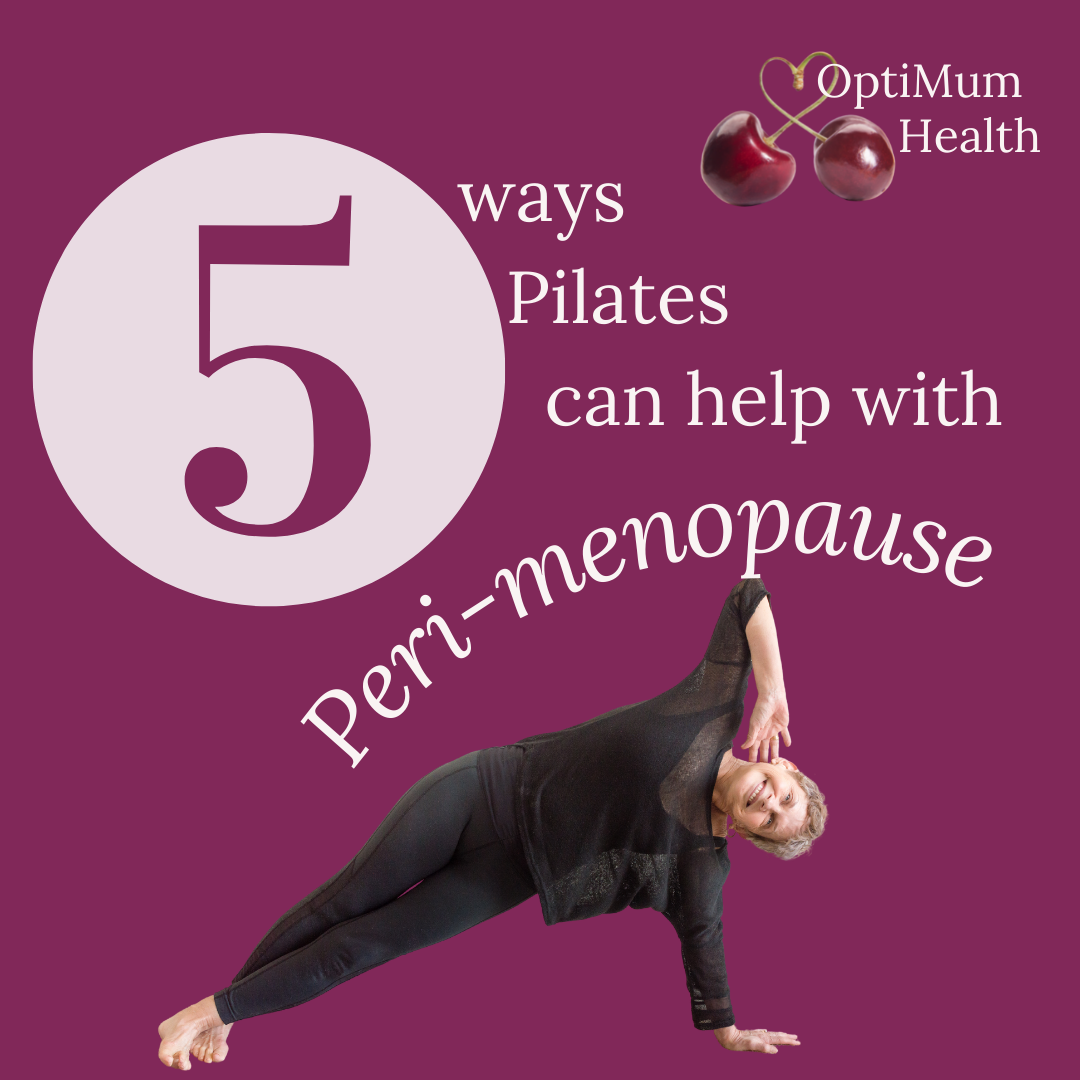Sometimes you become aware of something in your life,
you weigh up the pros and cons and decide, on balance
that it’s best to “leave well alone”.
There are times when you really shouldn’t.
In my opinion, pelvic floor health should never be
“left well alone”, whether it’s “bothering you” or not.
In my talk on pelvic floor health at my recent Girls’
Night In at Custom Fitness, I opened with the story of
4 ladies I’ve worked with recently and how their
decision to ‘leave well alone’ or otherwise has
affected their health.
You see, when it comes to our pelvic floors (fellas you
have one too!), we just don’t like to talk about it.
It’s in a private part of our bodies, we perhaps feel
that we’re the only one with an issue and feel
embarrassed.
I was interested to read in a recent article that many
women will wait up to 10 years before seeking medical
support for pelvic issues!!! This is exacerbated, in
my experience, by the fact that those who do seek
support early on are often told that if it’s not
causing them any bother to “leave well alone”.
This really makes me angry!
Why?
Simply because there is something that CAN be done to
address pelvic discomfort, feelings of heaviness and/or
urinary incontinence (sneeze pee or leakage when you
cough or laugh) and the sooner you take action, the
greater the chances of success without surgical
intervention.
So, in the case of pelvic floor health I think we
should ban the saying of “leave well alone” and replace
it with the other well known saying “prevention is
better than a cure”.
We traditionally think of pelvic floor exercises as
being “just for post-natal women” but everyone can
benefit from understanding the role of this complex
combination of muscles, connective tissue and blood
vessels that forms the base of our core.
Been told you need to “strengthen your core”? (another
one of ‘those’ phrases) – then you absolutely need to
include your pelvic floor in that.
Your pelvic floor is an integral part of your core as
this great picture from Burrell Education shows.
Having a baby, entering peri-menopause and beyond,
being active and exercising regularly, lift heavy
things – all of these activities become much more
efficient when you can harness the power of your pelvic
floor.
Men that think it’s not for them would do well to
remember the weightlifter who neglected his pelvic
floor and it let him down during a competition – bet
his friends and family wished they hadn’t supported
from the front row that night!
Your pelvic floor is active every second you are.
Even lifting your head off your pillow in the morning
triggers contractions through this part of your
anatomy.
What’s the answer – traditionally everyone thinks of
“Kegel exercises” where you’re told to ‘lift and
tighten’ these muscles as if stopping the flow of
urine.
Do I think Kegel exercises are the answer?
No.
Though they may form part of a solution for you. It’s
important to remember that, just like all the other
muscles in your body, focussing on tightening and
holding the muscle all the time can lead to
over-tightening and fatigue.
Being able to relax the pelvic floor is JUST AS
IMPORTANT as being able to tighten it. In fact, for
some of you, it may even be more important –
particularly if you do a lot of Yoga, Pilates or gym
work.
Being able to tune into these muscles – to be able to
contract and relax them, is the first step before
integrating these movements into your everyday
activities.
There are many ways to approach this subject – the key
is to find the relevant way for you. That depends on
where you’re starting from and how you got there.
Listen to your body, hear what it’s telling you and
trust your instincts – they rarely let you down.
Pelvic floor health is not something to ‘leave well
alone’ as doing so can contribute or worsen a prolapse,
cause irreversible stress incontinence and other health
limiting conditions.
If you have any feelings of heaviness, bulging or
discomfort through your pelvic floor seek a solution.
Talk to your GP or a female health physiotherapist. I
can support your movement through this too in
conjunction with my network of female health
specialists.
Talking about it makes it less taboo. So talk about it
a lot more and please don’t ever leave well alone.
Lisa is Personal Trainer specialising in female health
issues and low back pain. To talk about any of the
issues in this article and how they relate to You,
please contact her here





